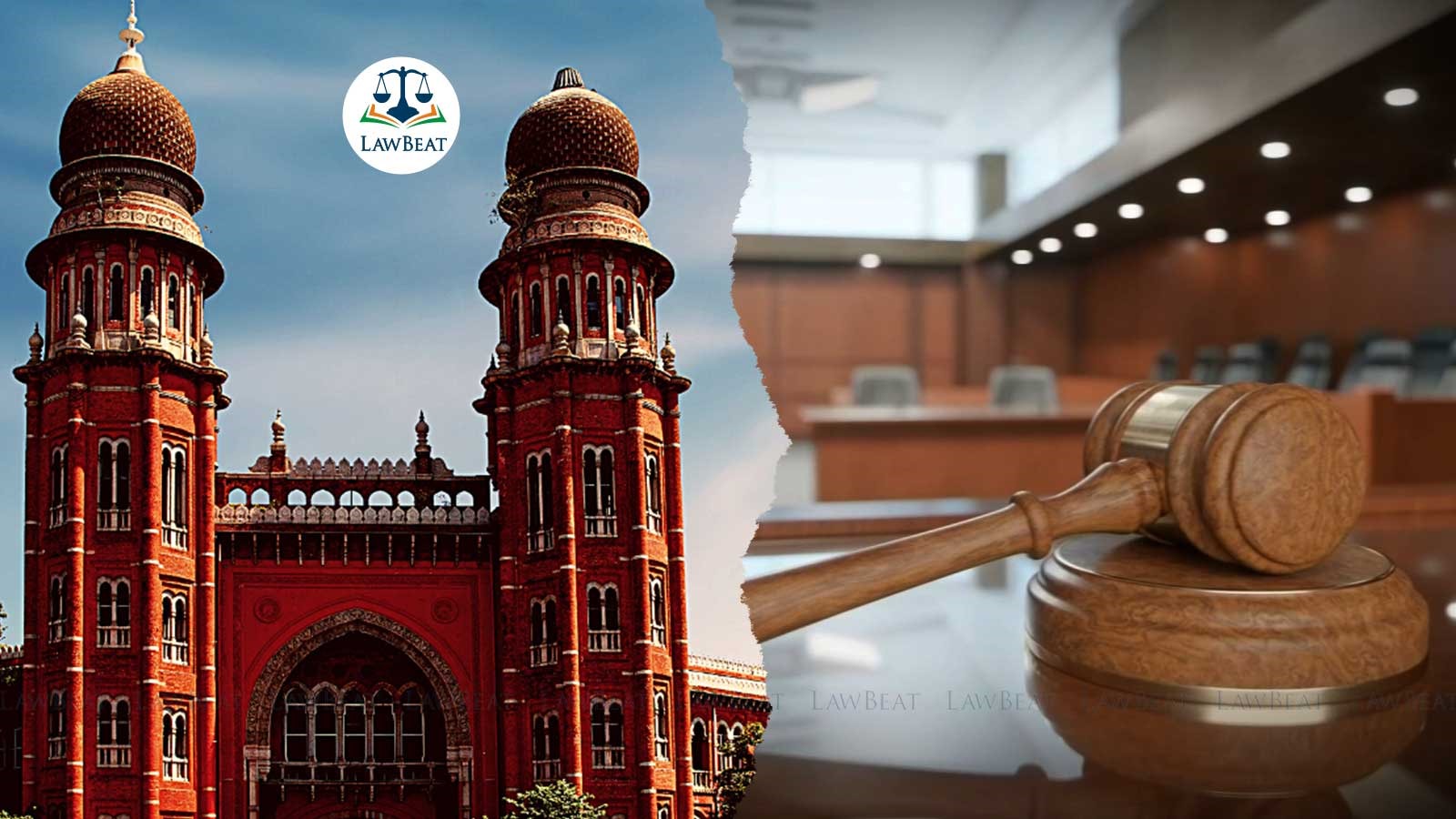Madras HC issues notice in PIL against new criminal laws' names in Hindi and Sanskrit

The PIL prays that the three new laws should be renamed in English
The Madras High Court on Wednesday issued notice in the public interest litigation (PIL) filed seeking to declare the Hindi and Sanskrit names of the three new laws replacing the Indian Penal Code, Code of Criminal Procedure, and Indian Evidence Act, as unconstitutional. These changes took effect on Monday, July 1.
The PIL insists that the three new laws should be renamed in English. It was placed before the bench of Acting Chief Justice R. Mahadevan and Justice Mohammed Shaffiq.
Filed by Advocate B. Ramkumar Adityan, the petition seeks an interim injunction to restrain the Union Home Ministry from implementing the Bharatiya Nyaya Sanhita, 2023; the Bharatiya Nagarik Suraksha Sanhita, 2023; and the Bharatiya Sakshya Adhiniyam, 2023, until his plea to rename the laws in English is disposed of.
According to the 2011 census, only 3.93 lakh people in Tamil Nadu speak Hindi. Despite this, the petition states that the Centre named the three most important criminal laws in Hindi and Sanskrit, causing significant difficulty for non-Hindi speakers.
The petition argues that naming criminal laws in Hindi and Sanskrit infringes on the rights of lawyers, law teachers, judicial officers, and litigants.
Despite India having 28 States and eight Union Territories, Hindi is the official language in only nine States and two Union Territories. Additionally, the petition highlights that Hindi is the mother tongue of just about 43.63% of the population, with the majority speaking various other languages.
It further points out that English is the official language of the Supreme Court and most High Courts, which helps maintain efficiency, consistency, and accuracy in the judicial process.
CASE TITLE: B.RAMKUMAR ADITYAN V. CABINET SECRETARY, AND 5 OTHERS
